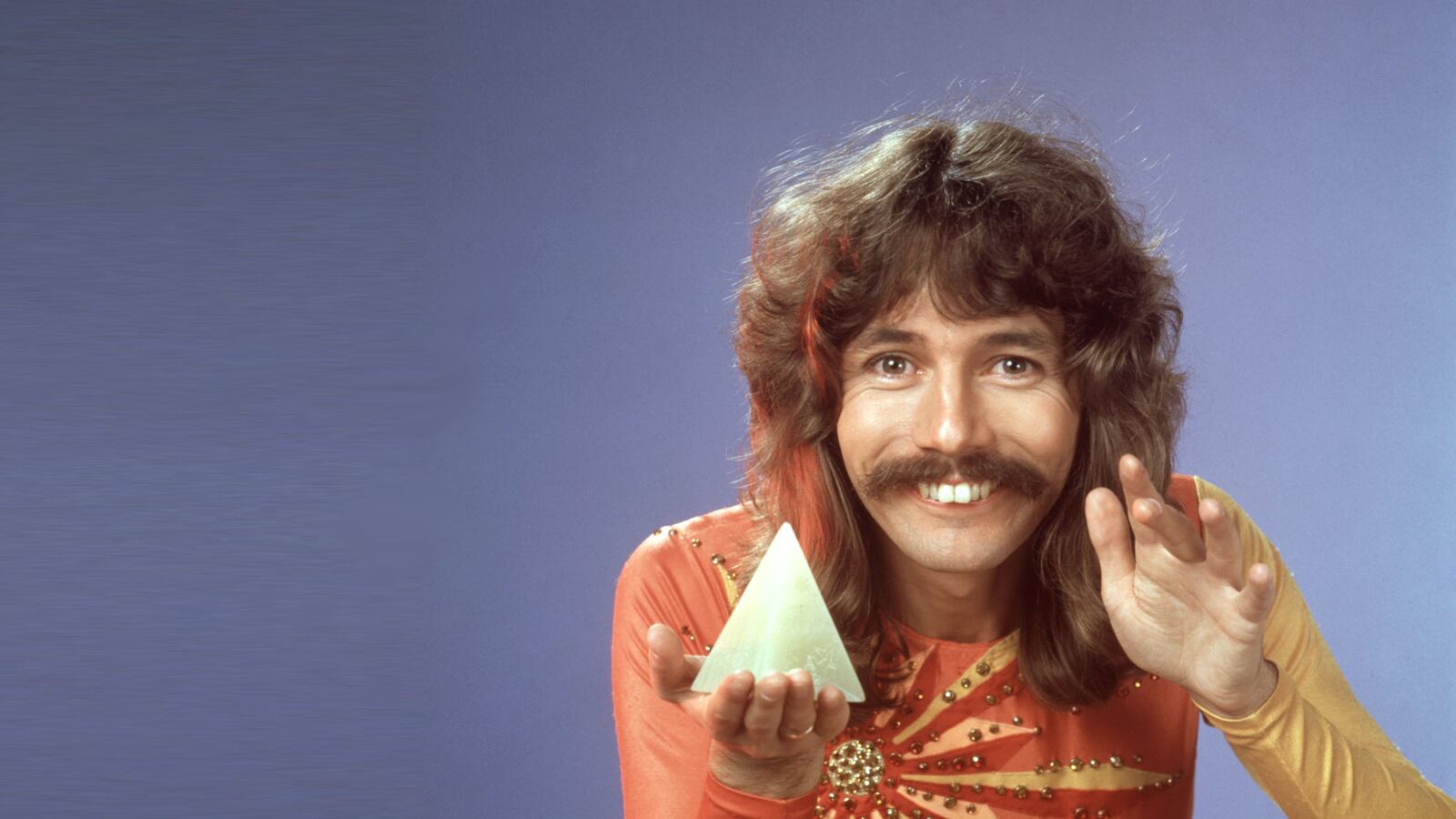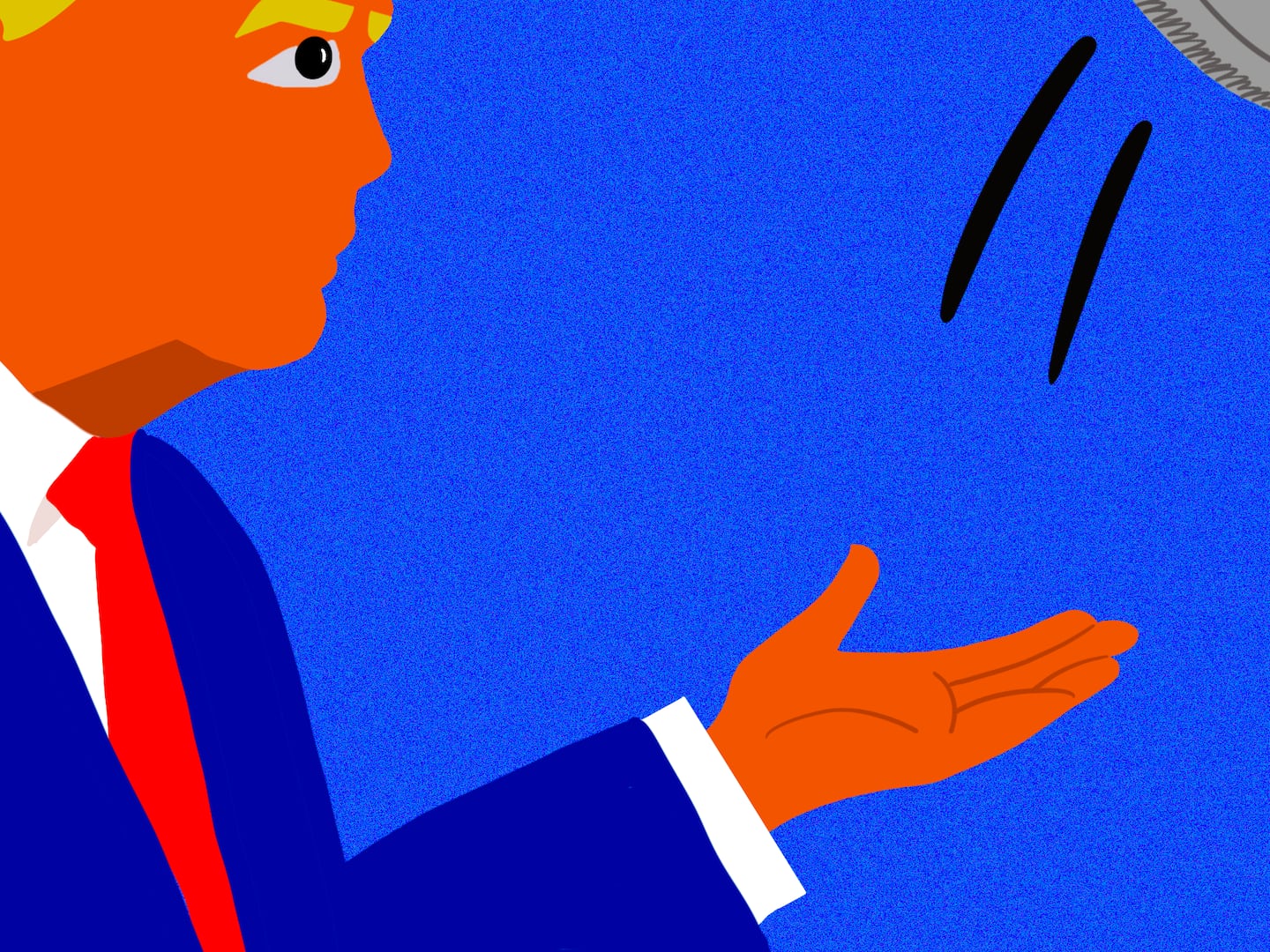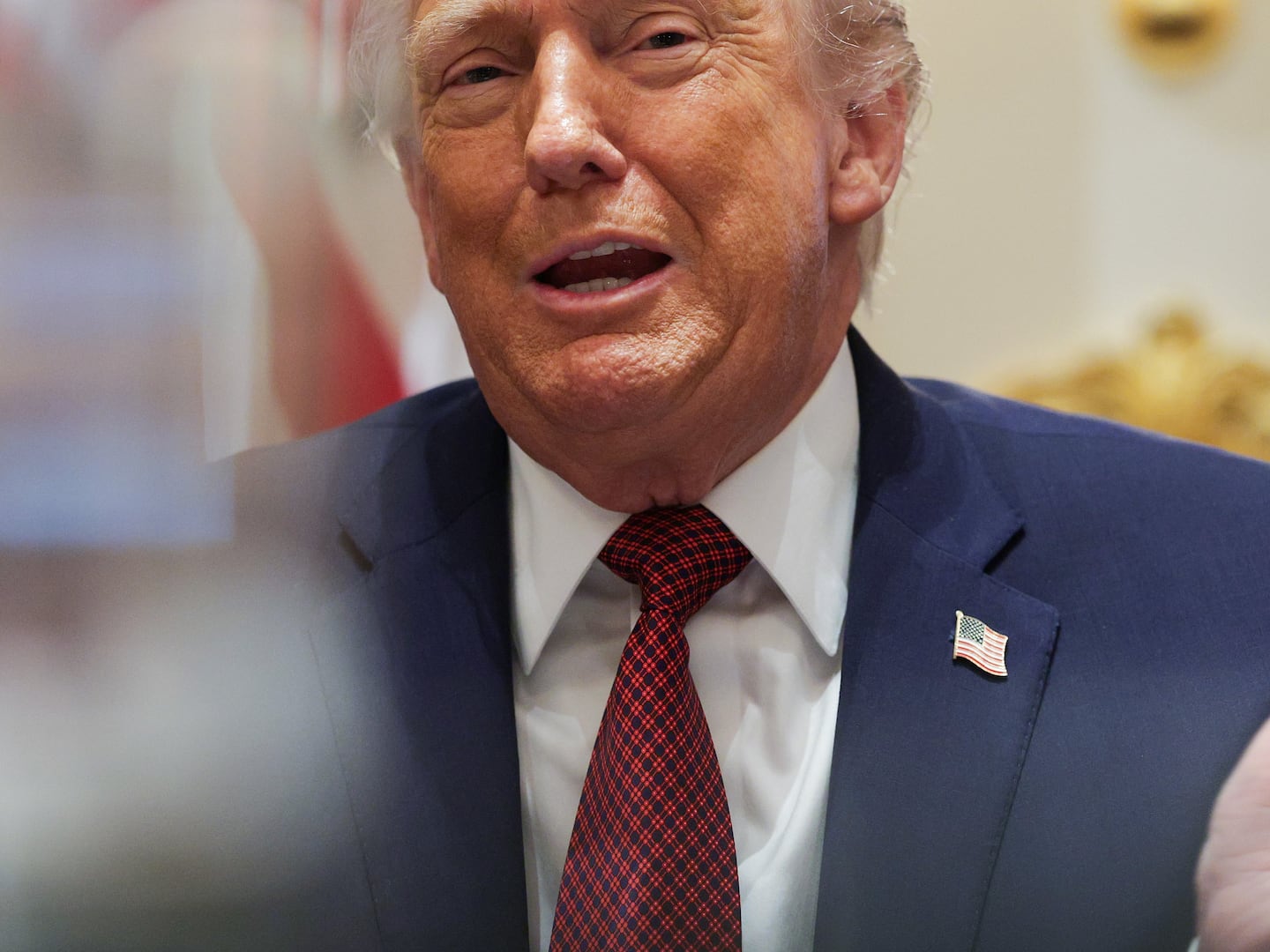Ninety percent of magicians perform other magicians’ material. They don’t just take the tricks; they take the whole routines—the lines, the timing, the movement. Sometimes they steal proprietary illusions like Losander’s Floating Table or Piff the Magic Dragon’s Fireball Sneeze (which isn’t OK), but usually they just perform the classics. Classic tricks, classic patter, hack jokes.
That’s not the worst thing in the world. I love cover bands. Hell, I get pissed when cover bands try to slip one of their own songs in the mix. That’s when I use the restroom or grab that second drink. Popular songs are popular for a reason: They’re really good. (Or they’re performed by somebody you want to have sex with.)
Same thing with popular magic tricks. Not the parenthetical—you rarely want to bed the magician performing the trick—but the first part: Popular tricks are performed so often because they’re super-deceptive. That’s why your signed dollar invariably reappears inside a lemon. Why the salt shaker passes through the table. Why the cigarette ashes pass through your hand: They’re great tricks.
Copying particular magicians’ scripts and delivery is less defensible. It’s also harder to do well…but increasingly easy to do. If you’re a young magician, you watch and re-watch YouTube clips of the masters until you can’t help but mimic their idiosyncrasies.

Two decades ago, magicians learned by book. Today they learn by “Instant Download” on websites like PenguinMagic.com. The upshot: Magic is a visual medium, and video instruction offers the clarity and movement that books simply can’t provide. The downside: On video, you don’t just learn a trick, you watch a magician perform a trick in a specific way. Odds are you’re going to walk away with both stuck in your head.
Again, not the worst thing in the world. And maybe it’s not bad at all. I mean, you wouldn’t break into a piano lesson and yell at a girl for playing Chopin with the prescribed dynamics and articulation.
The main difference between the girl playing Fantasie-Impromptu and the cruise ship magic duo performing an off-the-rack Interlude (a Jim Steinmeyer illusion in which the assistant passes through the magician’s body) is the public’s awareness of the performers’ originality. You know the girl is playing another dude’s song; you (wrongly) think the magicians created the box from which they emerge.
But what about the magicians who do create and perform their own tricks? The Bob Dylans and Paul Simons of magic? They account for 1 percent of the magic population. (We’ll discuss the remaining 9 percent in a minute.)
Penn & Teller fall into this 1 percent group. Crazy original stuff: Penn pours Teller like a teapot, Teller escapes from a helium-filled trash bag, Penn burns a flag in celebration of free speech, Teller cuts off a flower’s shadow.
But don’t let P&T’s success lead you to think the general public always rewards originality in magic. P&T are the exceptions. Just look to the other magicians who create and perform fully original acts. Bizzaro, Jimmy Fingers, Eric Buss…ever heard of ’em? Of course you haven’t. The public rarely rewards total originality. In magic or music. We like new songs, but only when they feel familiar.
Now let’s discuss the remaining 9 percent—the magicians who take preexisting tricks and make them their own. The Elvis Presleys and Frank Sinatras of magic. They don’t just perform tricks in original ways, they improve tricks.
YouTube sensation Justin Flom falls into this group. Every month he pours over dozens of illusions, hand selects the best, deconstructs and rebuilds. Which is why magicians so often tell him, “I’ve know how you link lifesavers, but I don’t know how you hand them out for examination.” Or, “I know how you made the girl’s license disappear, but I have no clue how you got it inside the sealed water bottle.”
David Blaine falls into the 9 percent group, too. When he first arrived on the scene, most professional magicians were pissed. “He’s doing the same tricks I’m doing!” they complained. Some of them gave him a little more credit: “He’s presenting the tricks uniquely,” they acknowledged. But even that sold his efforts short.
David Blaine improves everything he touches. He reduces tricks to their essence. It’s like he’s a sculptor, and another sculptor hands him a chunk of marble and says, “I chipped away the head,” and then Blaine is the guy to go in there and chip away the mouth, the nose, the eyes, the pupils, the eyelashes. Addition by subtraction.
Most magicians are comfortable staying in the 90 percent because there’s so little incentive to originate. If we meet at the bar and I show you The Invisible Deck, you’re going to tell me I’m best magician in the world. Not because I am, but because you haven’t seen The Invisible Deck before and it’s the best-ever card trick. And when you walk away visibly flabbergasted, you can bet I’m going to keep on doing The Invisible Deck until my hands go numb.
So how can we get magicians to create new routines? Force them?
Yep.
There’s a new show on Syfy that does precisely this. It’s called Wizard Wars and it airs Tuesdays at 10 p.m. (starting tonight, August 19). You should definitely watch it, and I’m definitely biased because I created it.
It’s like Chopped for magic: We force magicians (including Justin Flom) to create original routines with unfamiliar objects. And as soon as the routines are complete, they have to perform before a live studio audience and a panel of judges that includes Penn & Teller.
Usually, magicians spend months—years—developing new routines. But on Wizard Wars, they do it practically on the spot. And we producers force some weird objects on them. Spam, squirt guns, earthworms, pirate costumes—stuff like that. So you’d think the routines would suck.
And you’d be dead wrong. The routines kick ass. The Spam vanishes and appears inside the squirt gun. The earthworms pickpocket a dollar from some guy’s wallet. The pirate costume vanishes into thin air…while it’s being worn by one of the contestants.
The maxim proved true: Necessity is the mother of invention. The magicians on Wizard Wars created magic that wasn’t just original; they created great magic. How good was it? Good enough that it’ll filter down to the cover band magicians before the year is through. And you know what? Maybe that’s not such a bad thing.






